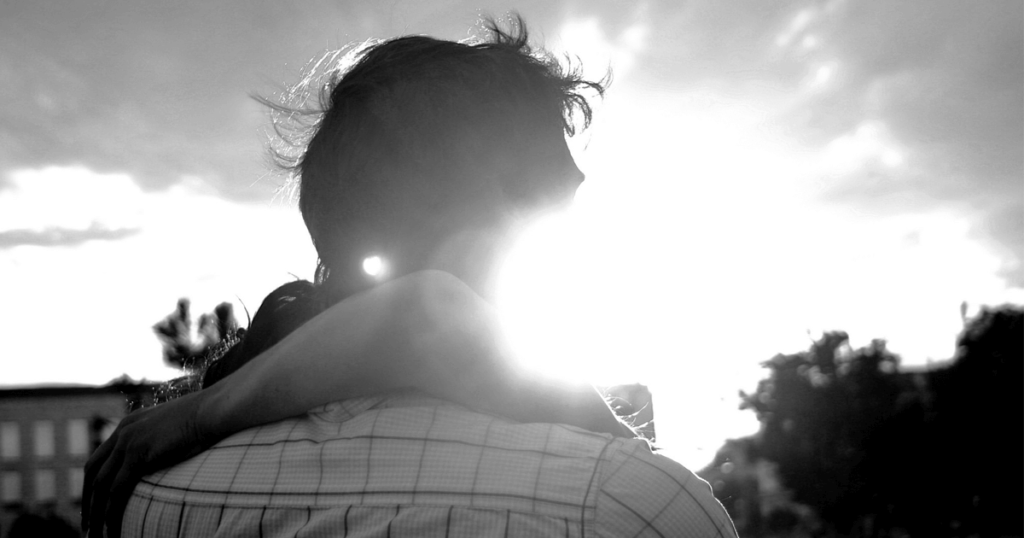
Gratitude is transactional, if not tit-for-tat, then often a stepping stone. Like the generosity that prompted it, it feels good, sprouting from positive deeds that open the heart. I’m so grateful, we say, sometimes as a fallback. Holidays, hurrah days, or just a sweet interval. We want to take credit when credit is due, but also feel grateful. Gratitude lends life a splendor, though, dwarfing our egos. It’s communal, allying us with others. Most useful. When grateful, we appreciate our friendships, not resenting the dependency but glorying in it. We walk on stilts, taller for a minute. And that strengthens us, makes us want to be generous too. It ballasts and broadens us. An elevator to higher views. On a rooftop, we grin in relief and may want to help others as well.
It takes two to tango, yet imbalance is inherent: patron versus subject. Seize the day, we like to say, but rarely do it. The object of our gratitude will want more, germinating further generosity. It seesaws. Without gratitude, generosity would wither. There’s a harvest time—did you plant beforehand? Receiving thanks, we glance around to see if other people are so fortunate. And in retrospect, for example, we’re sorry that we didn’t thank our favorite teachers or mentors nearly enough while they were still alive.
A powerful relationship, as with our parents, creates a crisscross of emotions, whipsaw love and anger. But looking back, so many people who should be thanked were not. Even remembering them seems a stretch. Were we as generous?
Memories quilt together, almost as our dreams do, although we edit the memories. We forget what we’re ashamed of, after gritting our teeth for a moment. Nor do we wish to be overly grateful, lest that concession diminish us. Gratitude must have its limits, but for social purposes we sprinkle it around, thanking everybody left and right. If we fail to thank them, they’ll quit helping us. Gratitude is less substantial than friendship, however, and easier to slough off. You put a coin in the machine and drink the cup of coffee. But don’t go overboard on gratitude, or you’ll owe too much. Measure it; dole it out.
Gratitude can be a kind of social skill. People like being thanked and praised. Yet real gratitude is not an everyday emotion. We don’t bless our lucky stars that frequently, but once or twice a week we may be startled by a favor proffered. Life does boast some panache. It zigs and zags. Blue sky elates us, and seething leaves, or spindrift on a wave, or tumbling puppies. On a bright morning, the sunshine haloes us. And what giggly fun we have with our beloved ones, still poking bellybuttons. In church we are exhorted to be grateful, but shouldn’t atheists be too? Open the window. Our animal spirits rise in glee. Life is energy, and to me energy is near to God.

